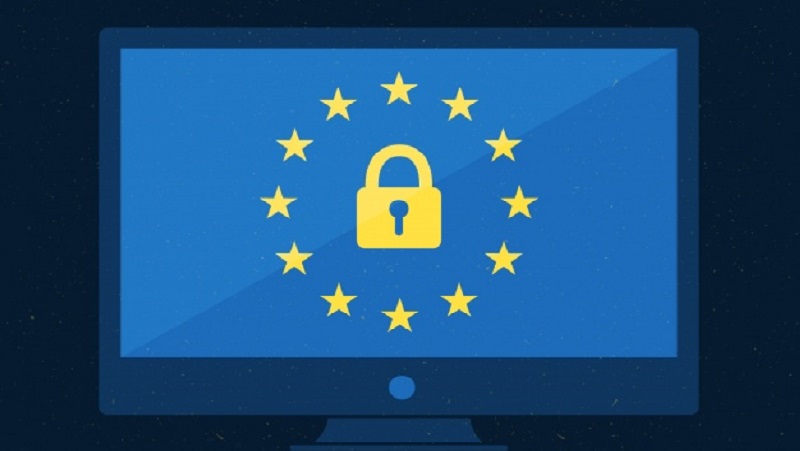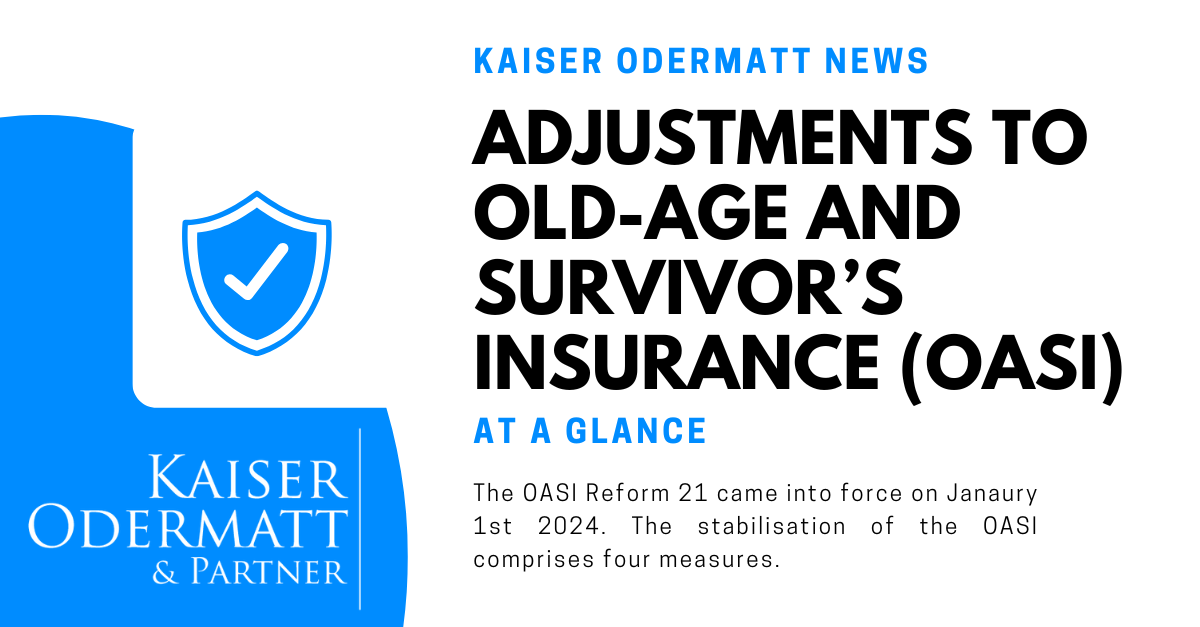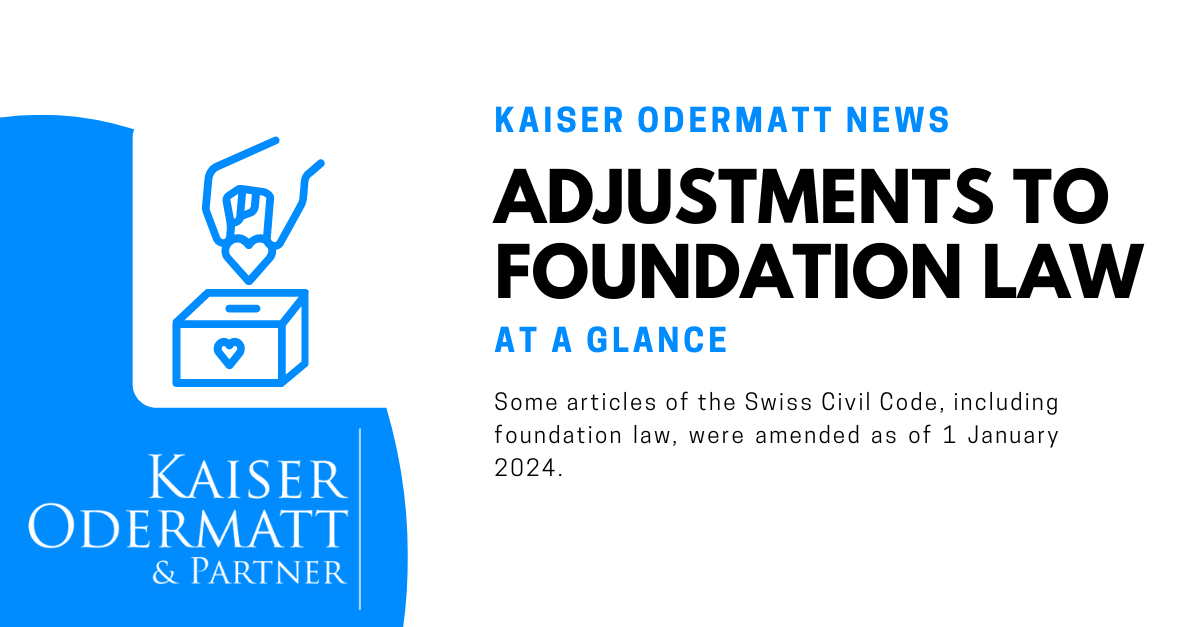The FENCA "Federation of European National Collection Association" is an association to which the most important European debt collection associations belong. The tasks of FENCA are to represent the interests of its members at international level, to have a say in legislation in connection with receivables management, and to promote and train its members.
With the adoption of the European General Data Protection Regulation (GDPR) in spring 2017, it was FENCA's task to understand and define how the GDPR should be implemented and monitored in the debt collection industry. Debt collectors have had to review their privacy policies and internal processes to ensure they are in line with the new GDPR principles. However, as in many other industries, the GDPR does not explicitly mention the issues relevant to the industry. In order to support FENCA members in complying with the GDPR, FENCA has been working on the creation of a Code of Conduct (CoC) for data protection with regard to debt collection companies across Europe.
The draft of the FENCA Code of Conduct is based on Art. 40 of the GDPR. This recommends that the various industries develop their own codes of conduct in order to achieve sector-specific implementation of the GDPR.
The Code of Conduct was adopted by FENCA on October 26, 2018 in Strasbourg. After an intensive exchange, the Code of Conduct was submitted to the European Data Protection Board (EDPB) in September 2019. The EDPB ensures that the GDPR is applied uniformly in the EU member states.
What advantages does the CoC bring to FENCA? It makes it easier for the affiliated debt collection companies to ensure compliance with the GDPR and thus avoid the risk of a fine due to non-compliance . The Code of Conduct further ensures that every supervisory authority in the EU has an understanding of debt collection and the associated processes and business practices. Once approved by the EDPB, the Code of Conduct will become a legally binding interpretation of the GDPR.
Experts





